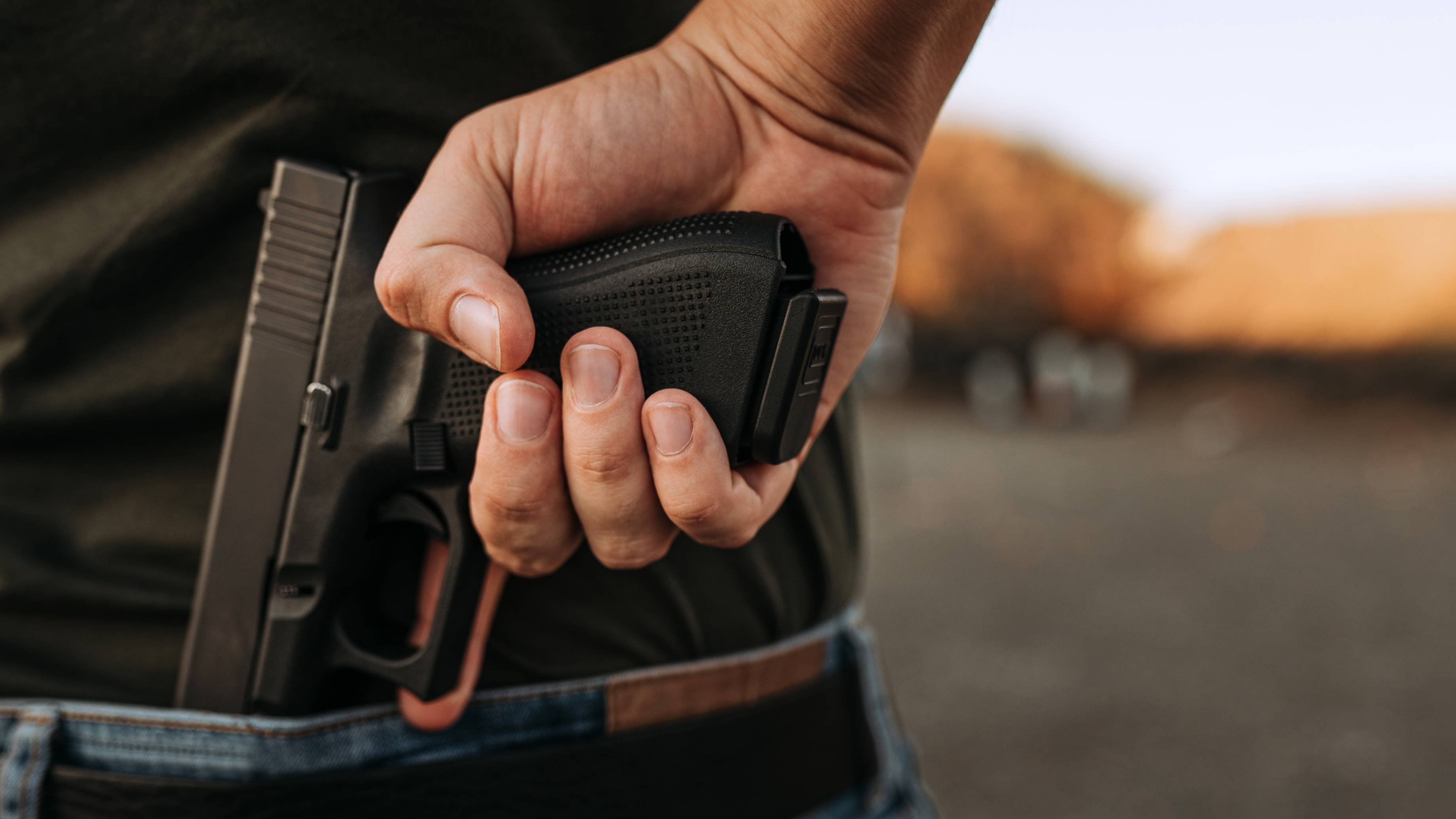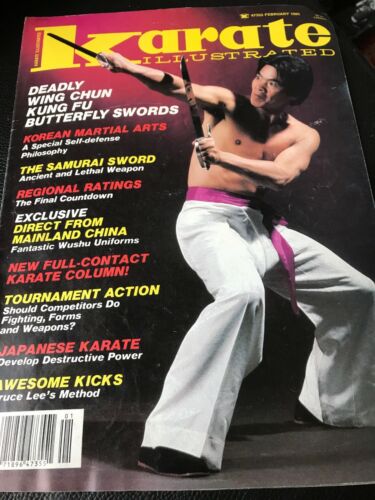
A personal alarm, a small electronic device worn on the hand that emits a siren like sound, is a small handheld device. Personal alarms are activated by a button, tag, or other means that alert the user of danger. They are legal to be carried in all 50 US states. A personal alarm is useful if you are concerned about safety.
Self-defense personal alarms can be used as a form of self defense
A personal alarm can deter an assailant and call for help if an attack occurs. It can be set on command and makes a loud hum. It can also be heard by others. It can be heard hundreds of feet away and could send the assailant running.
They emit an emergency noise of high decibels
The best personal alarms emit a high-decibel noise in case of an emergency. The loudness of these alarms is comparable to the sound produced by tornado sirens. If it is not addressed immediately, the sound can cause serious hearing damage and severe pain. You can activate these alarms by pulling a lanyard, or by removing an iron pin.

You can wear them on a keychain
Personal alarms can be carried on a keychain and used to protect you or loved ones during an emergency. They are legal in all 50 states and are easy to use. One button push will activate the alarm to alert others. A few personal safety alarms even have a backup whistle.
You can carry them in all 50 US states.
Personal alarms are an affordable self-defense tool and they are legal in all 50 States. They make a loud, piercing noise that can scare away potential attackers. They can be attached to a keychain or clipped onto clothing. A button can activate the alarm. In the event of an attack, a personal alarm can send out an alert that will alert others. Some models include a backup whistle.
They are easy to use
Personal alarms can be used to notify authorities of your location in case you are injured or fall. They are battery-operated, easy to use, and simple to set up. They can be worn around one's neck or in a pocket.
They are portable
Personal alarms sound an alarm when activated. They can be heard from up to 1000 feet away and are effective in scaring off criminals. The front has a strobe lamp that flashes if an alarm ring is triggered. If the alarm ring is pulled, the strobe light flashes to deter the suspect.

They are very affordable
Personal alarms are a great way to help the elderly or infirm stay safe in their own homes. They can alert emergency services if they feel alone or in danger and are incredibly inexpensive. Personal alarms can be used with pendant buttons that are worn around the neck and wrist. They are waterproof and can provide great comfort in times of crisis.
FAQ
Where is the best place for self-defense?
In your own backyard, self-defense is best. But if you don’t have the space to practice, you can always go elsewhere.
You could practice anywhere, such as in a empty parking lot, in a car park, or even your living room. It's important to keep your eyes on the road and pay attention to your surroundings.
It is very dangerous to practice alone. Always practice alongside a partner.
Are there legal requirements to own a stungun?
You must prove that you are trained in order to purchase a stungun in certain states.
Some states require that stun guns be registered with the police.
Other states require that you notify law enforcement authorities whenever you move.
How good is pepper spray for self-defense?
Pepper spray is a powerful tool for self defense. It is quick and easy to use. You should still use pepper spray with proper technique.
As the first line against violent attackers, pepper spray shouldn't be used. If someone threatens you with violence, then call 911 immediately.
Do stun guns hurt people?
It's not true. The stun gun injects a tiny amount of current into the skin.
This doesn't mean that you will suffer permanent damage.
What time does it take for a stun gun to be recharged?
It will vary depending on the battery type.
For example, AAA batteries take up to 8 hours to charge while AA batteries take approximately 2 hours.
Statistics
- In a January 2018 survey of 1,000 women nationwide, 81 percent reported experiencing some form of sexual harassment, assault, or both in their lifetime. (healthline.com)
- Most likely, you'll get tapped out by 90% of the people in your first 3-5 months. (mmaclan.com)
- Some people walk into a gym thinking they are going to become the best by training whenever they like and not putting 100% effort in. (budodragon.com)
- Verbal harassment was the most common form, but 51 percent of women said they were touched or groped in an unwelcome way, while 27 percent of women survived sexual assault. (healthline.com)
External Links
How To
Which kind of self-defense do I need to learn?
Self-defense is a broad term, which can cover a wide variety of options. There are many different kinds of self-defense that you can learn. These are some of the most well-known:
-
Boxing – Boxing can be used for self-defense. It trains you to fight using your hands. While most people think only men can box, many women can. You can learn boxing from women using a variety methods including private lessons and gyms as well as online courses.
-
Wrestling - Although many people believe it's not a legitimate sport, it is. In fact, it was once considered the national pastime of America. It is possible to learn wrestling online, through gyms, or in private lessons.
-
Jujitsu- Jujitsu, another popular martial art, teaches you to defend yourself by using your body weight. It's simple to learn and helps you improve your coordination and balance.
-
Kickboxing - Kickboxing is similar to Muay Thai, except that it uses kicks instead of punches. It is a full-contact, combat sport that doesn't need rules. It is an easy sport to learn and a good option for beginners.
-
Tae Kwon Do – TKD is a Korean martial arts that combines elements from karate and taekwondo. It is an ideal choice for anyone who wants to learn self-defense without having to worry about hurting their opponent.
-
Mixed Martial Arts – MMA is a mix of different martial arts. It combines Brazilian Jiu Jitsu, Judo, Boxing, Wrestling, and Sambo. It's one of the fastest growing sports today because it's so effective.
-
Karate – Karate is a Japanese martial arts that emphasizes kicking techniques. It has been around for hundreds and years, and it has changed over the years. Today, there are many styles of Karate. Each has its own style and training methods.
-
Knife Fighting- Knives can be used to defend yourself. It's not necessary to be near your attacker in order for you to stab them. Just know how you can use a knife defensively.
-
Pepper Spray – Pepper spray is a non lethal weapon that can either help you escape an attack, or prevent an attack from happening. However, pepper spray is not recommended for attackers. They are more likely to be burned.
-
Firearms – The last line defense against an attacker is to fire on them. This is often done by law enforcement officers and trained civilians.
-
Self-Defense Classes- This class teaches all the skills you need in one place. They usually cover everything, from grappling to shooting.
-
Combative Sports- A great alternative is taking part in combative sport like kickboxing and mixed martial art fighting. These sports require you to practice hard and be disciplined.
-
Martial Arts Schools - If you're serious about learning how to defend yourself, then go to a school that specializes in martial arts. Some schools also offer classes with weapons.
-
Online Courses- You can also find many free resources online. 15) Books- Finally, there are some books that may prove to be useful. Alan Peppard's "The Complete Idiot's Guides To Self Protection" book covers all of the mentioned topics.
-
Begin with what you know - Before learning something new, be sure to first master the things you already know. That way, you'll avoid making mistakes that could harm you.
I think I'm going to try out my hand at this whole self-defense thing. I have always wanted to learn how fight, but never felt the desire to actually do it. Now that I'm older, I think it's time to start looking after myself instead of relying upon others.
I'm going to start slowly and see where it goes from there. I'm thinking about joining a local gym to start practicing with weights and such. I'm still debating whether or not I should get a gun.